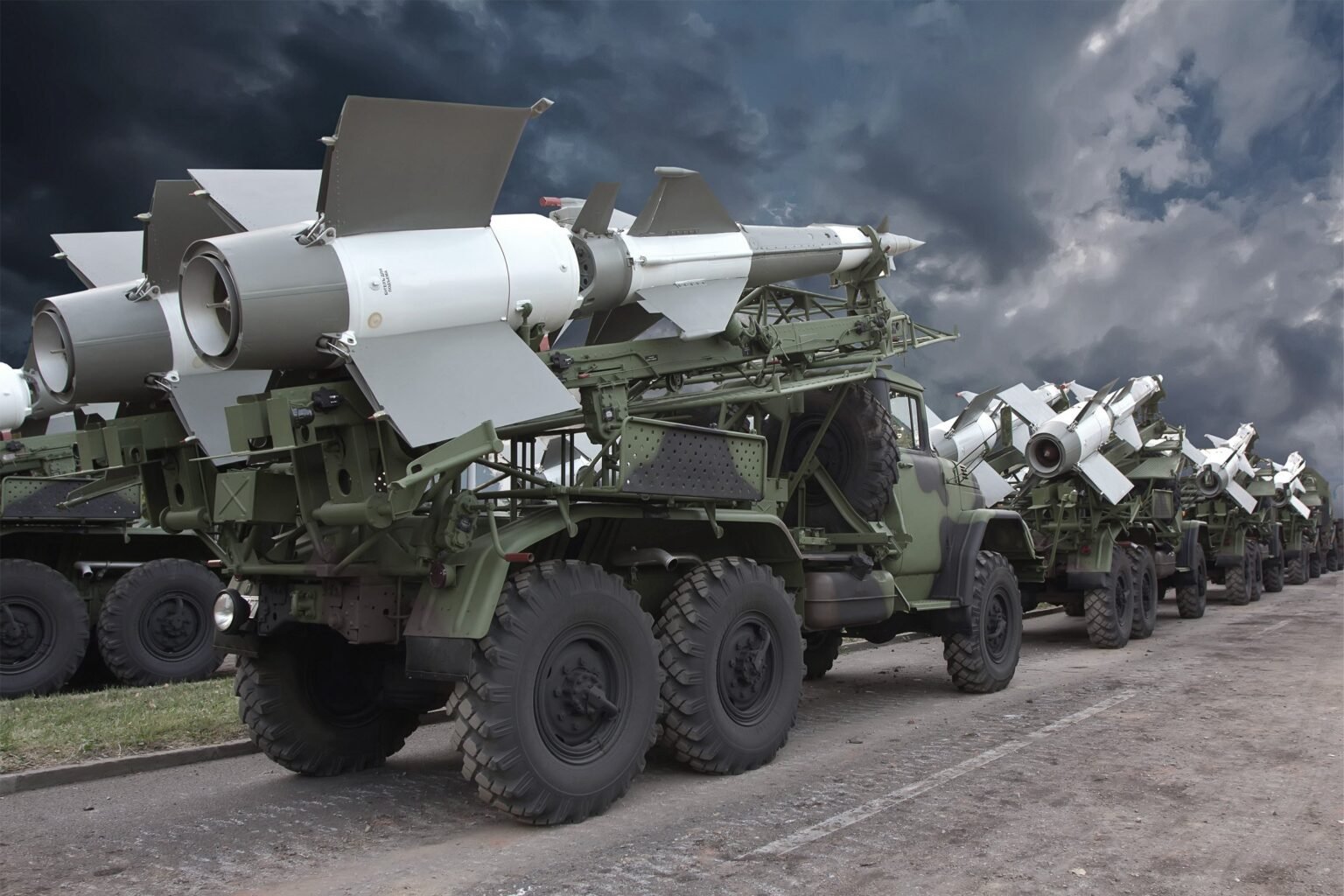The Echo Window
In the library’s silent vault, I found a window that reflected not my face, but memories that weren’t my own—ghost stories written in digital code, begging for an audience.
The day I began recording my reflections for the city archive was the day the world started fraying. Archivists called it “Project Testimony”—a citywide initiative where citizens narrated their experiences to save what might be lost if the great glitch ever returned. After the blackout six months ago, preserving memory became a civic obsession.
I’d always been uneasy with memory. Mine wandered, slipped, contradicted itself. But the work was honor-bound—a digital oral history, they said. “For your grandchildren, when only stories remain.”
My sessions were assigned to Vault 31 of the central library, a forgotten undercroft beneath humming servers and mosaic floors. The room was narrow, concrete, chilled. One wall housed a thick, square window—except it didn’t show the outside, only shifting, shifting light. I asked the technician if it was a portal.
“Just a blackout window,” he shrugged. “Keeps the servers cool.”
The recorder—a thin, clever device—blinked its green light. I spoke: about my mother teaching me to code, the towers burning bright at dusk, the faces I’d passed on midnight trains. But each day, at the edge of my story, the window caught my gaze. Some days it seemed oily and dark, others vibrant, blooming with color as if coaxing my words forward. Sometimes it reflected my face, sometimes—strangely—a glint of movement not mine.
Then, in my fourth session, it happened. Reviewing the day’s audio logs, I heard my voice slow and crack—not static, but like someone echoing me: same cadence, different words.
I remembered, exactly, what I’d said—“We were all awake that night, watching the towers wake and sleep in loops, counting seconds in the quiet.” But the voice on the recording spoke: “That night, nobody slept. The towers blinked codes only lost children could read. My brother and I hid beneath the stairs, spells in our pockets…”
The hair on my arms pricked. I tried again, swapping logs, but every file from Vault 31 fragmented. Each playback diverged further—sometimes the window in the story belonged to a kitchen, sometimes a hospital, sometimes a ship about to leave Earth.
When I confronted Lila, the senior archivist, she only frowned. “Maybe you’re hearing traces from the old backups. There were bugs, pre-glitch.”
“But it’s not just noise,” I said. “It’s… narratives. Lives. Memories. Some familiar, some not.”
She shook her head, but I knew she was lying. Others had spoken in hushes about the vault: That projects there unraveled. That sometimes a story would appear from nowhere, filling the archive’s channels. Some clerks called it “The Echo Window.”
That week, I refused to use Vault 31. But my ID badge only unlocked that door, and the system wouldn’t recognize me anywhere else.
There was little else to do but return. I set the recorder down, focused my eyes on the dead window.
“Whose memories are you?” I whispered.
The flickering pulsed blue. A phrase formed on the fogged glass. At first, I thought it was a trick of fatigue.
ASK YOURSELF.
My heart thudded. I leaned closer.
“Are you me?” I asked softly. “Or…others?”
A vision pulled itself into focus—my face, but wrong: older, or younger, or simply different, eyes full of histories I hadn’t lived. I pressed my palm to the glass. I felt no temperature, no resistance, only the strange certainty that thousands of eyes stared back, hungry to be remembered.
I forgot to record the rest. Everything blurred with unreality: I spoke, or sang, or cried—I can’t recall. But the next morning, walking home, strangers on the tram offered nods, then half-smiles, as if they recognized something private in me.
The city changed; tiny, invisible cracks appeared in our routines. People began reporting odd memories—playing childhood games with people they’d never met, mourning losses that couldn’t be theirs, dreams that invaded waking life.
At first, officials blamed the archives. Then the Echo Window. But I knew the window hadn’t broken anything—it had revealed the fracture.
One evening, weeks later, I sat before the window again, eyes red with sleeplessness. I spoke plainly now, admitting the lies I’d told—about love, about my past. The window didn’t judge; instead it shimmered, casting scenes backward and forward through my life, reweaving old betrayals and kindnesses, rewriting regrets in a place beyond time.
Somewhere in that light, I understood: Our stories weren’t only for archives or posterity. They were for sharing, re-sharing, across generations and fractures, across real and imagined selves. Even the city, humming at the margin of glitch and memory, was built on such echoes.
One day, the system will erase me. Maybe my words will fragment into static, join the voices caught in that window. But some child, some day, will glimpse their own face merged with a thousand others in glass, and realize they are not alone.
Memory persists—not as preservation, but as connection. Not as record, but as echo. The window waits for each of us, hungry and kind, always ready to listen.
###END###




